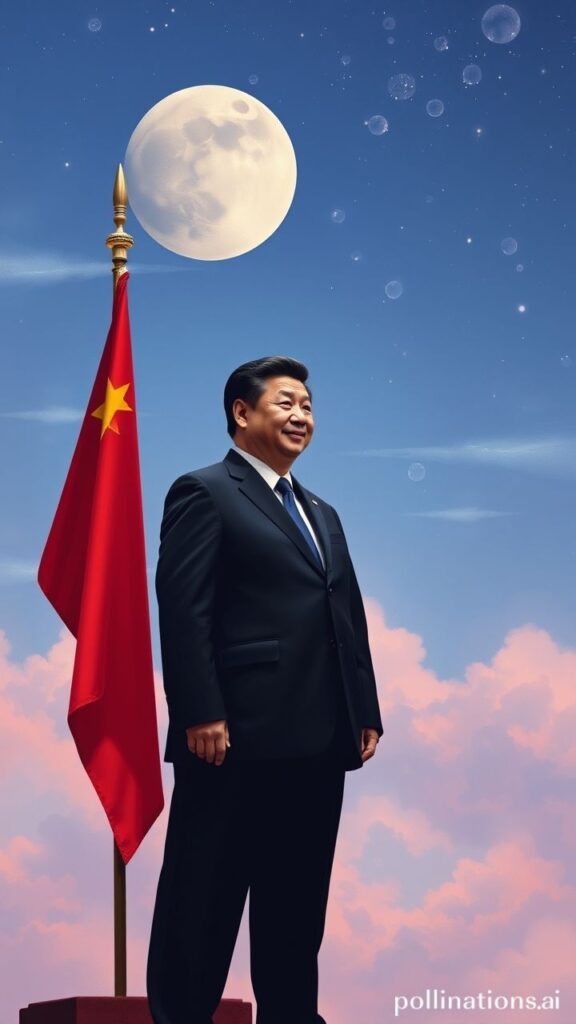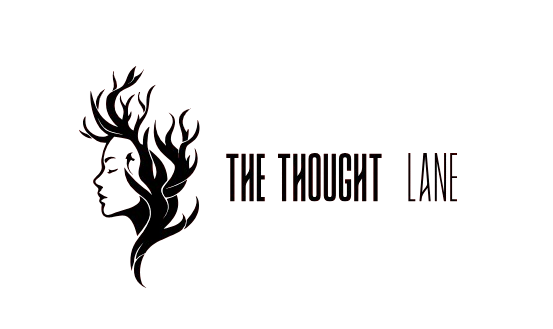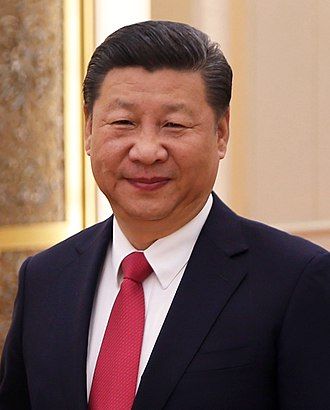Xi Jinping has become one of the most talked-about and powerful figures in global politics. As the President of the People’s Republic of China, Xii Jinping has steered the nation through a significant transformation, both domestically and on the world stage.
Early Life and Background of Xi Jinping
Xii Jinping was born on June 15, 1953, in Beijing. He is the son of Xi Zhongxun, a veteran revolutionary and one of the founders of the Communist Party of China. Despite being born into political privilege, Xi’s early life was marked by hardship. During the Cultural Revolution, his father was purged, and Xi was sent to rural Shaanxi for reeducation.
These formative years hardened Xi Jinping and gave him an enduring resolve. He later enrolled in Tsinghua University, where he studied chemical engineering and Marxist theory, laying the intellectual groundwork for his political career.
Xi Jinping’s Climb Through the Communist Party
Xi Jinping started his political career in Hebei province and gradually moved through the ranks, holding key leadership positions in Fujian, Zhejiang, and eventually Shanghai. His reputation as a clean and capable administrator helped him gain the trust of top party officials.
In 2007, Xi was appointed to the Politburo Standing Committee—the highest decision-making body in China. By 2012, he was named General Secretary of the Communist Party, and in 2013, Xii Jinping became the President of China.
Xi Jinping’s Vision for China: The Chinese Dream
One of the core themes of Xi Jinping’s presidency has been the “Chinese Dream,” a concept focused on national rejuvenation, economic prosperity, and military modernization. This slogan has become a centerpiece of Chinese political discourse under his rule.
Xii Jinping envisions a China that is strong, prosperous, and respected on the world stage. His policies reflect a mix of nationalism, state control, and modernization, with an emphasis on stability and long-term planning.
Xi Jinping’s Anti-Corruption Campaign
A defining hallmark of Xi Jinping’s leadership has been his aggressive anti-corruption campaign. Since 2012, thousands of officials—both high-ranking “tigers” and low-level “flies”—have been investigated or punished. While the campaign has helped clean up some government practices, critics argue it also consolidates Xi’s power by purging political rivals.
Economic Policies and the New Era Under Xi Jinping
Xi Jinping’s tenure has been marked by significant economic shifts. Moving away from the high-growth model of the past, he has emphasized “quality growth” driven by innovation and consumption rather than exports and infrastructure.
Major initiatives like “Made in China 2025” and the Belt and Road Initiative are strategic cornerstones of Xi’s economic vision. Under Xii Jinping, China has sought to move up the value chain and become a tech superpower. However, increasing state control over private enterprises has drawn concern from investors and entrepreneurs.
The Belt and Road Initiative: Expanding China’s Global Footprint
One of Xi Jinping’s most ambitious international undertakings is the Belt and Road Initiative (BRI). Launched in 2013, the BRI aims to build infrastructure and boost economic connectivity across Asia, Africa, and Europe.
This initiative has extended China’s influence globally and opened new trade opportunities. However, it has also sparked concerns about debt traps, environmental damage, and geopolitical tensions.
Human Rights and Controversies Surrounding Xi Jinping
Xii Jinping’s administration has faced significant criticism for its human rights record. Issues such as the treatment of Uyghur Muslims in Xinjiang, the crackdown in Hong Kong, censorship, and the repression of dissidents have drawn widespread international condemnation.
While the Chinese government argues these measures are necessary for national security and stability, many view them as signs of growing authoritarianism under Xii Jinping.
Xi Jinping’s Influence on China’s Political System

Xi Jinping has reshaped China’s political landscape in unprecedented ways. In 2018, term limits for the presidency were abolished, effectively allowing Xi to rule indefinitely. This move marked a departure from the post-Mao era model of collective leadership and has led many to label Xi a new “paramount leader.”
The creation of Xii Jinping Thought on Socialism with Chinese Characteristics for a New Era and its incorporation into the constitution further cements his ideological legacy.
China’s Foreign Policy Under Xi Jinping
Under Xi Jinping, China has adopted a more assertive foreign policy. The South China Sea, Taiwan, and the US-China rivalry have become major focal points.
Xii Jinping has strengthened China’s military and used diplomacy to forge alliances and partnerships across the globe. Whether in Africa, Latin America, or Southeast Asia, China’s influence has grown significantly under his leadership.
COVID-19 and Crisis Management
The COVID-19 pandemic was a critical test for Xi Jinping’s leadership. China initially faced global scrutiny for its handling of the outbreak in Wuhan. However, Beijing’s subsequent lockdown strategies and zero-COVID policy showcased the regime’s ability to mobilize resources rapidly.
Though controversial, the measures helped control the virus domestically for a time. However, the strict approach also led to economic disruption and public discontent, leading to rare public protests.
Xi Jinping’s Relationship with the West
Xi Jinping’s leadership has seen a deterioration in China’s relationship with the West. Trade wars with the United States, tensions over technology, and disputes over human rights have all contributed to rising friction.
Despite the tensions, Xi continues to advocate for a multipolar world order and resists Western pressure to alter China’s domestic policies. His approach has been both confrontational and strategic, balancing resistance with diplomacy.
Media, Propaganda, and Xi Jinping’s Public Image
The Chinese Communist Party under Xi Jinping has tightened its grip on media and information. The state controls messaging through extensive propaganda, ensuring Xi’s image as a strong, wise, and visionary leader is constantly reinforced.
Books, documentaries, and news outlets frequently highlight Xi’s speeches and policies. This personality cult has drawn comparisons to Mao Zedong and marks a shift from past decades where leaders maintained a lower public profile.
Cultural Policies and National Identity
Xi Jinping has also placed a strong emphasis on cultural unity and national pride. Campaigns promoting Chinese traditional values, language, and history have been intensified. At the same time, Western influences are being pushed back in education and media.
The focus on nationalism has rallied citizens around the party but has also marginalized dissent and non-mainstream identities.
Xi Jinping’s Legacy: Reformer or Autocrat?
As Xi Jinping continues to lead, analysts are divided on his legacy. Supporters see him as a reformer who revitalized the Communist Party, reasserted China’s role in the world, and ensured long-term national stability.
Critics, however, label him an autocrat whose policies have stifled freedoms, centralized power, and introduced a new era of surveillance and control.
What’s Next for Xi Jinping and China?
With the removal of term limits, Xi Jinping’s future remains open-ended. As China faces challenges like economic slowdown, demographic shifts, and international scrutiny, his leadership will be tested further.
Whether he continues to consolidate power or shifts toward more inclusive governance remains a question of global significance.

Conclusion: The Unfolding Story of Xi Jinping
Xi Jinping has undeniably altered the course of China’s modern history. His blend of ambition, strategy, and control has made him one of the most significant global figures of the 21st century. As the world continues to watch his every move, the story of Xi Jinping is far from over. https://astanatimes.com/2025/06/kazakhstan-china-deepen-strategic-partnership-sign-24-agreements/



